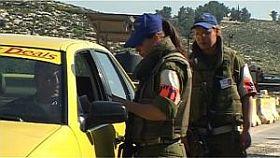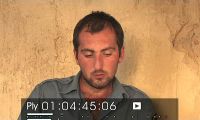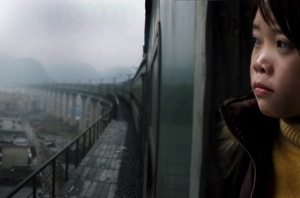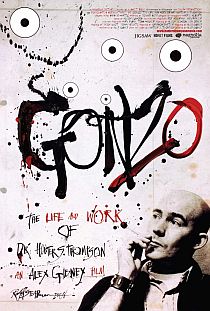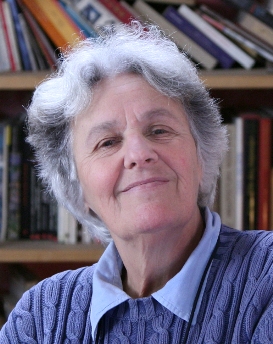


Tbilisi International Film Festival/6

The premiere of a new documentary by Nino Kirtadzé, ”Something About Georgia”. High expectations after her award-winning documentaries ”The Pipeline Next Door” and ”Durakovo: Village of Fools”. And big disappointment, I have to say. Pure propaganda for the politics of the president Saakhasvili, who according to this film has no opposition in his country… Propaganda, yes, and it could be ok, of course documentaries should have a standpoint, a personal view…
(the film history is full of good propaganda films from war times, think of films by Joris Ivens, films which can have an artistic quality and declares its premise up-front, think of Humphrey Jennings and his WW2 ”Listen to Britain”, well, and why not Leni Riefenstahl and her ”Triumph des Willens”, sans comparaison)
… but this new film of Kirtadzé film is unbalanced in film style, focus and narration. The start makes the viewer think that we will get close to the president. We don’t really, we don’t get an impression of him. The film then introduces the theme Georgia-Europe and we see loads of sequences where diplomats and politicians meet to discuss, most of it journalistic material as if we were watching the news on television. This is made to explain the political development before and during the war, and after with Europe as the one to blame for inactivity towards Russia and Russian aggression. Kirtadzé tries to involve ”the ordinary Georgian” and their reactions but in most cases it does not really work, as she wants to go back to ”big politics” and the president and his opinions. The director had the conclusion of her film in her head before filming, her narration is set up to prove her point of view. This is not the way to make documentaries.
At the very end of the film we are taken to ”the border” to South Ossetia, and here you can see why the filmmaker has been awarded for her previous films. There are some beautiful shots, symbolical for a war situation, there is a woman who talks about her homeless situation, there are soldiers and policemen who are filmed in the no man’s land and there European observers who look, and just look.
Overall, a big disappointment, I would not say ”awful” as some of the Georgians did after the film, but I wonder what the funders of the film say: arte, yle, nrk, sundance institute etc,…

